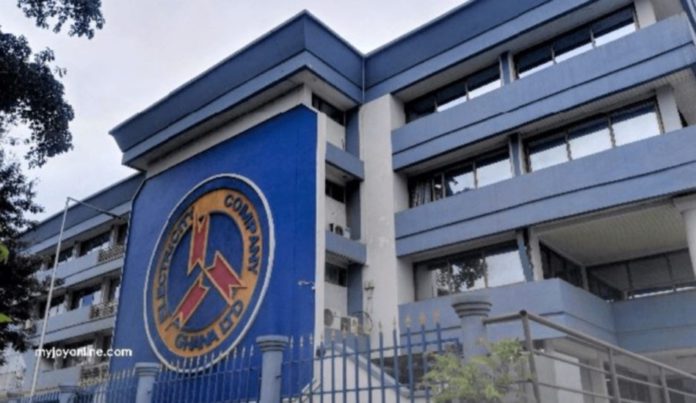The recent article alleging that the Electricity Company of Ghana (ECG) has failed to comply with the Cash Waterfall Mechanism (CWM) raises several concerns that require clarification.
While the report highlights certain shortcomings, it overlooks critical factors that paint a more nuanced picture of ECG’s financial operations and compliance.
- Failure of Stakeholders to Confirm Actual Payments: The article emphasizes the lack of confirmation from Independent Power Producers (IPPs) regarding received payments. It is crucial to note that ECG has no control over the confirmation process. The inability of IPPs to validate the amounts received does not inherently imply that ECG has breached the CWM. Payments made by ECG are documented and should be recognized as compliance unless proven otherwise.
- Compliance with Tier 2 SOEs Payments: Contrary to the assertions made in the article, ECG has fully complied with payments to Tier 2 beneficiaries, including the Public Utilities Regulatory Commission (PURC) during the reviewed period. Misleading claims regarding the non-payment to entities like BXC and Earlypower do not reflect the true financial transactions executed by ECG.
- Payments to Tier 2 IPPs: The report fails to mention how payments to Tier 2 IPPs are structured. These payments are often utilized to offset any outstanding payments from previous months. Consequently, while there may be reports of shortfalls, it is essential to understand that ongoing payments for July and August 2024 have been initiated to address these previous balances.
- Impact of Forex Loss on CWM Compliance: The article does not adequately address the significant impact of foreign exchange losses on ECG’s ability to comply with the CWM. The discrepancy between the PURC exchange rate and the rates from the Ghanaian market has resulted in substantial losses, complicating ECG’s payment obligations to IPPs and WAPCo. For instance, in July 2024, ECG’s payment of US$3 million to WAPCo was reported inaccurately due to these forex fluctuations, which have a direct effect on how much in Ghana Cedis ECG must source to fulfill its commitments.
- Cost of Fuel Purchases: Finally, the costs associated with procuring fuel necessary for stable power supply are not reflected within the CWM framework. During the period under review, ECG incurred GHS 466 million in liquid fuel purchases due to unplanned supply challenges. This additional expenditure underscores the complexities that ECG faces in maintaining compliance while ensuring reliable energy supply.
In conclusion, while the article raises valid concerns regarding ECG’s financial practices, it fails to capture the broader context of operational challenges and the compliance efforts made by ECG.
It is essential for stakeholders and the public to consider these factors before drawing conclusions about ECG’s financial integrity and its commitment to the Cash Waterfall Mechanism.
ALSO READ:


